Students Provide a Direct Line to Help Struggling County Workers UCLA volunteers, L.A. County team up on Partnership for Wellbeing call-in service
By Mary Braswell
A team of UCLA Luskin Social Welfare students is answering the call to provide support, resources and a compassionate ear to Los Angeles County employees feeling the strain of life during the coronavirus pandemic.
Seven days a week, the volunteers staff a call-in line for those needing help navigating the array of mental health services offered by the county. They offer referrals for professional counseling, help understanding health insurance benefits and, occasionally, advice on relieving COVID-19-related stress through breathing, meditation and mindfulness exercises.
Launched by the county’s Department of Mental Health in partnership with UCLA, the Public Partnership for Wellbeing line is remarkable for the speed with which it was created and the commitment of the 20 or so students and recent graduates who stepped up to staff it, its organizers say.
Jeff Capps, who earned his master’s degree in social welfare from the Luskin School this month, remembers when the call for volunteers went out in April.
“I replied immediately,” said Capps, who knows several front-line workers battling COVID-19. “I just felt an overwhelming obligation to do what I could to help. This seemed like a very easy way for a student to do something, to maybe make a difference in someone’s life, even if it’s small.”
Volunteer Hanako Justice, who is pursuing a dual master’s in social welfare and public health, spent the first part of the academic year working with the county’s psychiatric mobile response team, which assesses mental health needs and risks in the community. Just as the pandemic was putting limits on that on-site internship, the opportunity to staff the well-being line — which, for health and safety reasons, volunteers do from their own homes — surfaced.
“It really came full circle for me,” Justice said. “I’m really grateful that I get to use my experience and continue to provide some sort of resources and service.”
Initially launched to support the county’s first responders, the call line’s mission has expanded. Any county employee dealing with pandemic-related anxiety, grief or other stresses may now use the free, confidential service as a first line of help.
“It’s not a crisis intervention line, it’s not therapy,” noted Social Welfare Professor Todd Franke, who led the effort to launch the call-in line at the request of the county. “It’s to provide people with support and give them resources if this is touching their lives in some way.”
Franke recalled the first conversation about the project, when he was told, “We have this opportunity, we have this need. Is there any chance someone can get this up and running in the blink of an eye?”
Franke quickly brought on Ashleigh Herrera, who earned her doctorate in social welfare at UCLA Luskin in 2019, to train volunteers and manage the project. Thanks to the longstanding collaborative relationship between the county and UCLA, bureaucratic hurdles were quickly cleared. Within two weeks, the call line was operational.
In the first phase, as students were still being recruited and trained, the line was staffed by faculty, clinicians and professionals from across UCLA, including the David Geffen School of Medicine, the Prevention Center for Excellence, the department of psychology and UCLA Luskin, Herrera said. Now, the students and recent graduates are fully trained to staff the line, which is open every day from 10 a.m. to 6 p.m.
“We were excited to see such an overwhelming response from people interested in just supporting L.A. County workers during this time,” Herrera said. “Even as we’re having to practice social distancing, seeing everyone come together to be of service is tremendous.”
Many of the students selected to staff the line aspire to work in the mental health field, she said, and all will benefit from the opportunity to deliver care to those suffering through the COVID-19 pandemic.
“This is going to continue to be something that affects us as a society,” Herrera said. “No matter what setting they go into next, these students will have experience providing direct relief, focusing through this lens.”
Herrera, who is also a licensed clinical social worker, supervises the volunteers, who use a call-in system developed by Department of Mental Health fellow John Drebinger. Franke, Herrera and Drebinger meet weekly to fine-tune the call line, factoring in feedback from student volunteers and priorities set by the county.
After the academic year wrapped up, students were able to devote more hours to staffing the line, and some graduates moved on. The summer staff of nine will be paid for their time, then return to volunteer status once the fall term begins.
Plans to further publicize the well-being line are expected to increase the volume of calls, which averaged 200 to 300 per month in the early days, team members say. They are working on expanding the service to provide text and chat support in the future.
Chloe Horowitz, a call-line volunteer who just completed her master’s in social welfare, said the value of providing a confidential sounding board for people who are struggling should not be underestimated.
“I think a lot of people hesitate to speak with the people in their personal lives that way, whether it’s a discomfort in being that vulnerable or not wanting to burden their family members or their friends, who are probably also suffering right now,” she said. “That’s what I think is so cool about the objectivity that we can bring as volunteers operating the line.
“There’s an anonymity there, but it’s also about knowing that we are trained to field calls of this kind, we’re interested in making that connection and hearing what’s going on with that caller. I hope that it will prove to be useful to people who need it.”
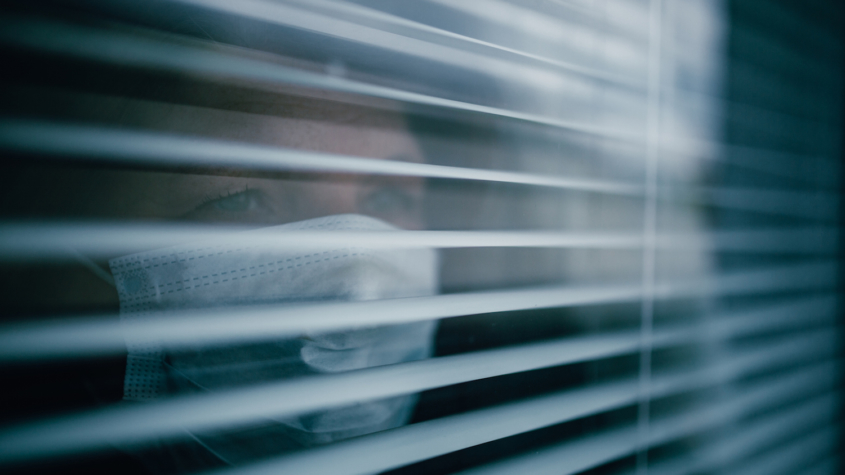
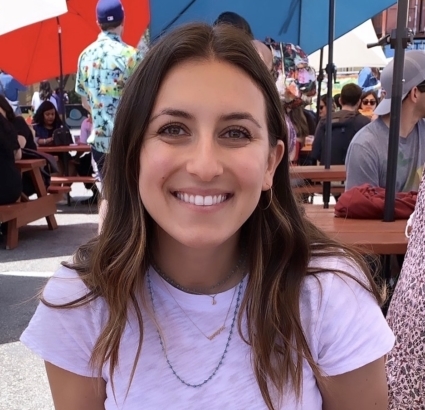
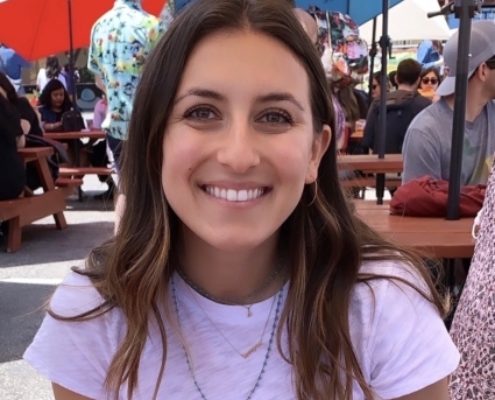
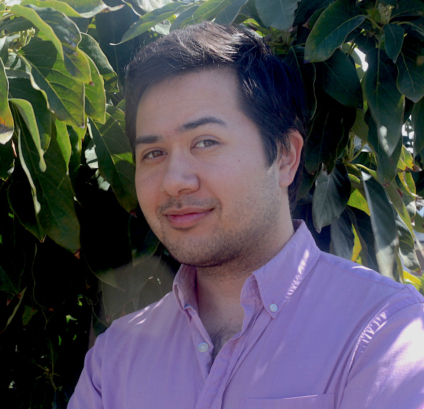
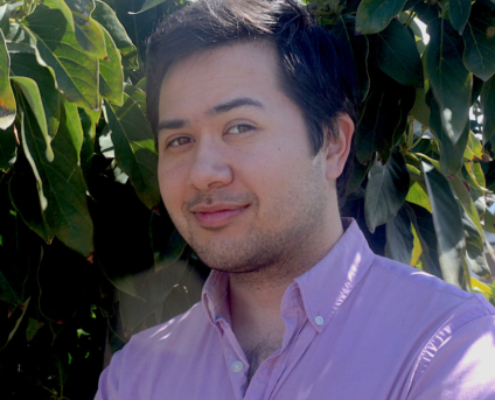

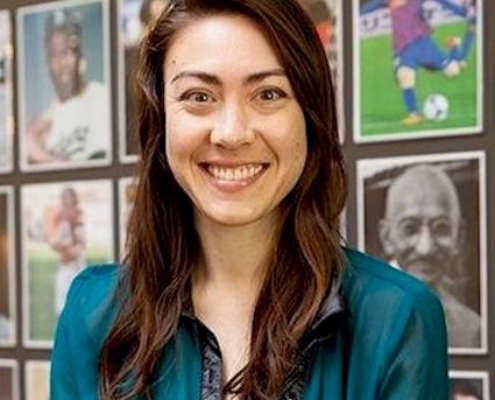

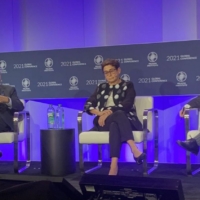
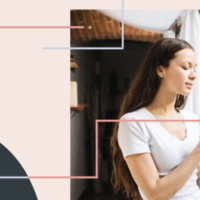
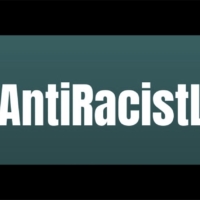
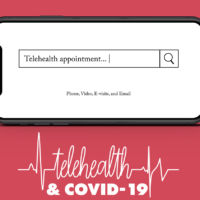


Leave a Reply
Want to join the discussion?Feel free to contribute!